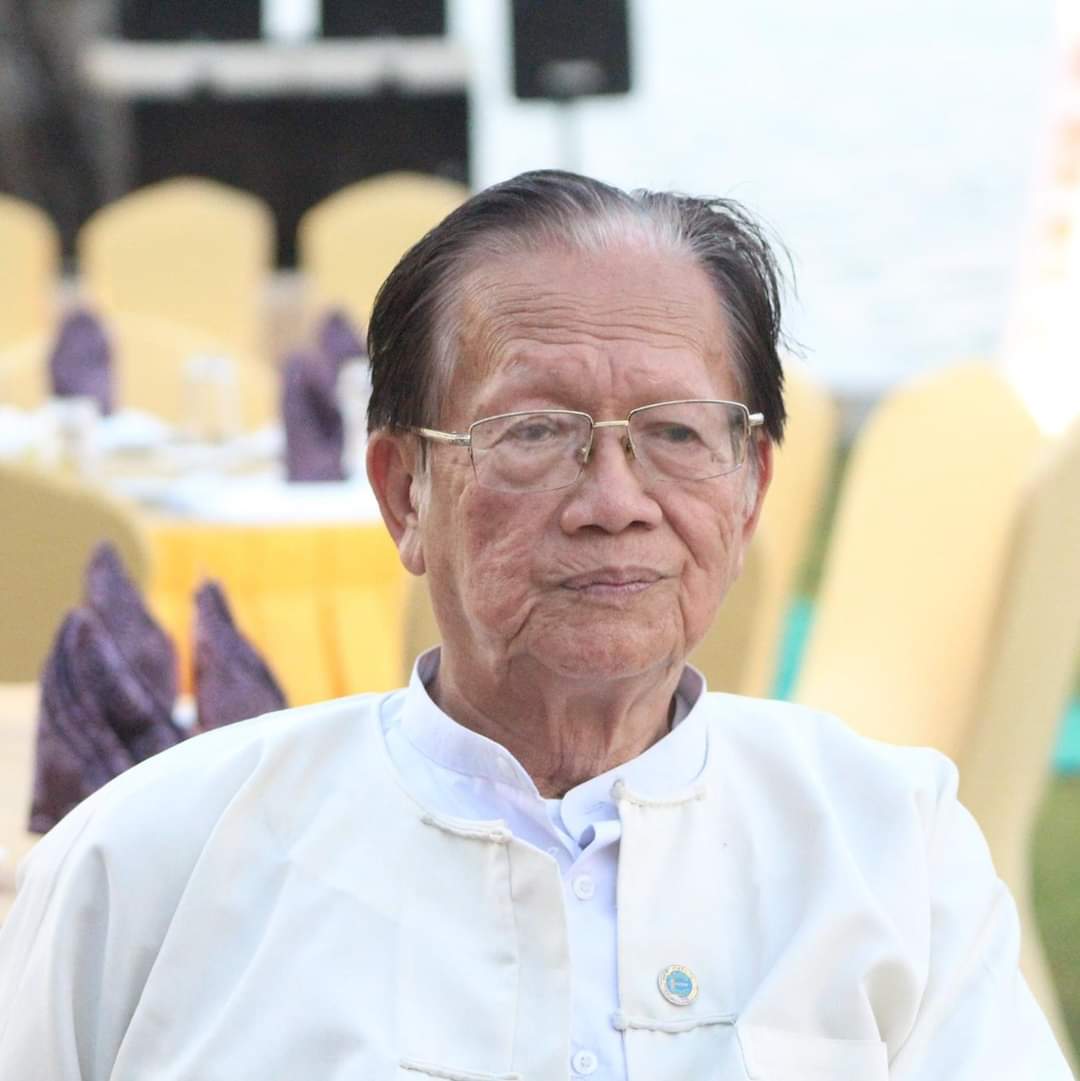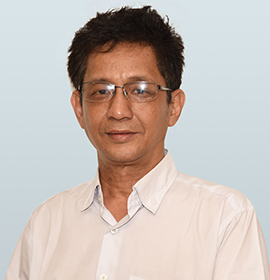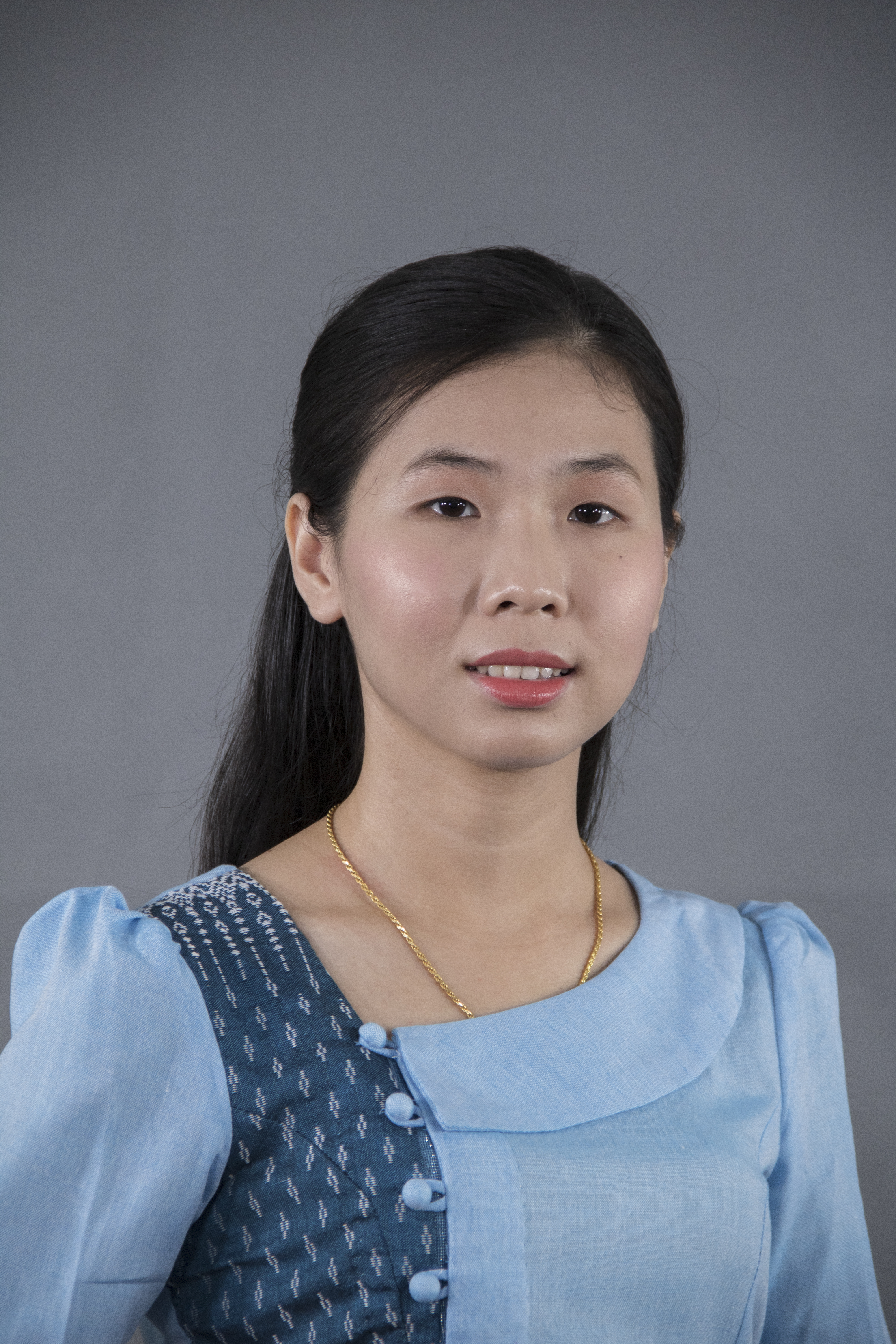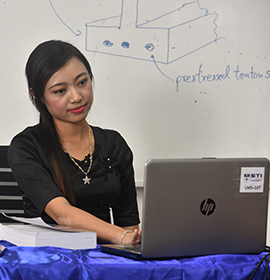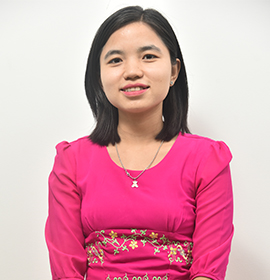Advanced Diploma in Engineering (Civil) -Level 5
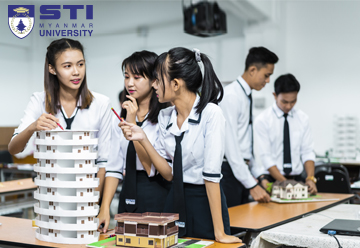
- 🎓 Category : FACULTY OF ENGINEERING
- 🎓 Program : Advanced Diploma Programs
- 👩🎓 Course Coordinator : Dr. Thein Tan
About the course
Civil engineering is a key area to support the national development of Myanmar. The Advanced Diploma year (Level 5) builds on the work undertaken in the Diploma in Civil Engineering (Level 4). It develops further students’ knowledge and critical understanding of the skills, competencies and attributes required for civil engineers.
The course enables students to develop further in the study of a range of inter-related subject areas including mathematics, statistical analysis, surveying, practical and design skills. The development of professional skills is emphasised, together with understanding the wider societal and socio-economic contexts in which civil engineers operate.
The STI MU Advanced Diploma in Civil Engineering (Level 5) provides the second of three years of study which culminates in the BEng (Hons) Civil Engineering (Top-up) at Level 6, awarded by the University of Bedfordshire, UK.
Educational Aims of the Course
This course aims to achieve the following for its students:
📐To develop further existing skills and to acquire new competencies required for an engineer who is practical, articulate, numerate, literate, creative and flexible
📐To develop familiarity and critical understanding of the established theories, concepts and principles of civil engineering at the forefront of civil engineering, and to apply these in the workplace
📐To develop knowledge of the main methods of enquiry and analysis used in civil engineering, and to be able to evaluate critically different approaches to problem solving including in the workplace
📐To communicate information, arguments and analysis effectively, to professional engineering and non-professional audiences
📐To demonstrate familiarity with the wider professional responsibilities of civil engineers, including code/s of conduct, working within an ethical framework, health and safety, risk management, environmental, sustainability and societal issues
📐To understand and engage with the roles of commerce, enterprise, marketing, innovation and creativity within civil engineering
📐To demonstrate technical proficiency, creativity and innovation in design skills, allowing students to produce safe, economic and creative solutions to practical problems
📐To develop the qualities and transferable skills necessary successful performance in the workplace, and which require the exercise of personal responsibility and decision making
Intended Course Learning Outcomes
By the end of the course, students should be able to:
📐LO1: Demonstrate detailed knowledge of the scientific theories, concepts and principles that underpin relevant engineering technologies and systems, recognising competing perspectives
📐LO2: Deploy a range of relevant materials, equipment, tools, products and processes in a civil engineering workshop and in the workplace
📐LO3: Make judgements based on mathematical and statistical methods and recommend solutions which support the modelling and analysis of engineering problems
📐LO4: Evaluate the importance of commercial, economic, and social contexts of engineering processes
📐LO5: Assess personal and professional responsibility in relation to environmental and sustainability limitations; legal, ethical, health, safety, hazard and risk issues; intellectual property; codes of practice, protocols and standards
📐LO6: Deploy complex design techniques and spatial information, and show creativity and originality in work produced
📐LO7: Communicate complex ideas and technical information effectively for different audiences and in different formats, including orally, verbally and graphically
📐LO8: Interact effectively as a member of a team, giving and receiving information and ideas and modifying responses where appropriate
Teaching and Learning Methods
📐Acquisition of core knowledge is through a mixture of lectures, presentations, demonstrations, laboratory sessions, field trips, site visits, experiments and self-directed study
📐Analytical thinking skills are developed through discussion and test questions.
📐Practical skills are developed through laboratory experiments, the use of simulation software and workplace experience
📐Transferable skills are developed through assignments and presentations, particularly in the project unit
Method of Assessment
Assessment activities provide major opportunities for learning. Assessment criteria are linked to unit learning outcomes and stated for students in Unit Information Forms (UIFs).
Assessment methods vary for different units, but the course will include:
📐Unseen mathematical tests
📐Case studies or relevant workplace scenarios
📐Practical assessments
📐Assignment reports
📐Oral presentations
📐Group project work
📐Closed book examinations
📐In-class assessments
📐Lab reports
📐Each unit will include a variety of methods from the list above. The number of assessments varies from unit to unit.
Support for Students and their Learning
Student progression on the course is supported both by teaching faculty and support series at STI MU and includes:
📐Induction sessions introducing students to the subject, higher level skills, learning resources
📐Course and unit handbooks available in print and electronic format
📐Personal Academic Tutor (PAT) scheme
📐Field trips, site visits and visiting speakers
📐Study visit abroad programme annually
Laboratories: equipment includes Hydraulics Bench (Volumetric), Stability of a Floating Body, Set of Weirs for H1D, Friction Loss in a PIPE, Impact of a JET, Flow Measurement and Centre of Pressure Module and equipment necessary to analyse soil-water flow in unsaturated conditions.
Design studio equipped with state-of-the-art equipment required to practice architectural design, concept and analysis of the architecture students. Students will plan landscape, parking, flow, floor, ceiling, window and develop the section and evaluation, the exhibition, landscape planning, design, and operation of site, section, elevation development
📐Written/verbal assessment feedback
📐Access to support services including help for dyslexia, mobility, counselling
📐Library and librarian support
📐Opportunities for taking part in University Student Council, Civil Engineering Staff-Student Liaison Committee, club activities and volunteer works at the school events
📐Semester wise Parent Conference to report and give feedback on the progress of student performance
📐Supplementary sessions for critical thinking, presentations, academic writing, referencing and plagiarism
📐Compulsory two months internship programme at the end of the course
Programme Resources
📐Suitable IT resources including AutoCad, Sketchup, Rhino, Vray
📐Materials Laboratory
📐Employer links providing suitable site visits and internships
📐Workshop
📐Learning Management System (LMS)
📐Hydraulic Lab
📐Soil Lab
📐Design Studio
📐Subscription to Emerald Journals
Criteria for Admission to Level 5
📐Successful completion of Diploma in Civil Engineering (Level 4)
📐Holders of other Level 4 awards in a relevant engineering discipline will be considered to enter Level 5 based on individual qualifications.
📐IELTS (4.5 overall, 4 individual) equivalence
Completion of the Award
📐All units studied must be completed with a minimum grade of a Pass in order to complete the Advanced Diploma in Civil Engineering (Level 5) award.
Progression to Level 6
📐Progression onto the BEng (Hons) Civil Engineering (Top-up – Level 6), awarded by the University of Bedfordshire, will normally require the completion of all Advanced Diploma units at Level 5 and all Diploma units at Level 4
Entry Requirement
-
Successful completion of Diploma in Engineering (Civil) (Level 4)
-
Successful completion of the Certificate in English (Level 4)
-
Holders of other Level 4 awards in a relevant engineering discipline will be considered for entry to Level 5
-
Applicants with relevant work experience may be considered on a case-by-case basis for Recognition of Prior Learning (RPL)
-
IELTS (4.5 overall, 4 individual) or equivalent qualifications
Course Structure
|
Unit Code |
Level |
Credit |
Unit Name |
Core or Option |
|
BE 3101 |
5 |
7.5 |
Engineering Mathematics |
Core |
|
BE 3102 |
5 |
15 |
Modern Materials (composite material, panel ,fiber ) |
Core |
|
BE 3107 |
5 |
15 |
Soil Mechanics with Lab |
Core |
|
BE 3104 |
5 |
15 |
Steel Structure Design |
Core |
|
BE 3109 |
5 |
15 |
Estimating, Tendering and Contracts |
Core |
|
BE 310E |
5 |
|
English |
Core |
|
BE 3101 |
5 |
7.5 |
Engineering Mathematics |
Core |
|
BE 3105 |
5 |
15 |
Group Design Project |
Core |
|
BE 3108 |
5 |
15 |
Design of Reinforced Concrete Structures |
Core |
|
BE 3106 |
5 |
15 |
Structural Analysis and Lab |
Core |
|
BE 3103 |
5 |
15 |
Hydraulics Engineering |
Core |
|
BE 310E |
5 |
|
English for Academic Purposes |
Core |
Progression Route
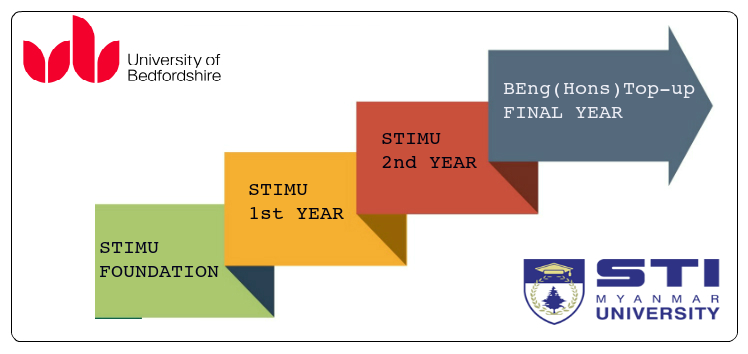
Course Fees
8,950,000 MMK (Course Fees may change without prior notice)

